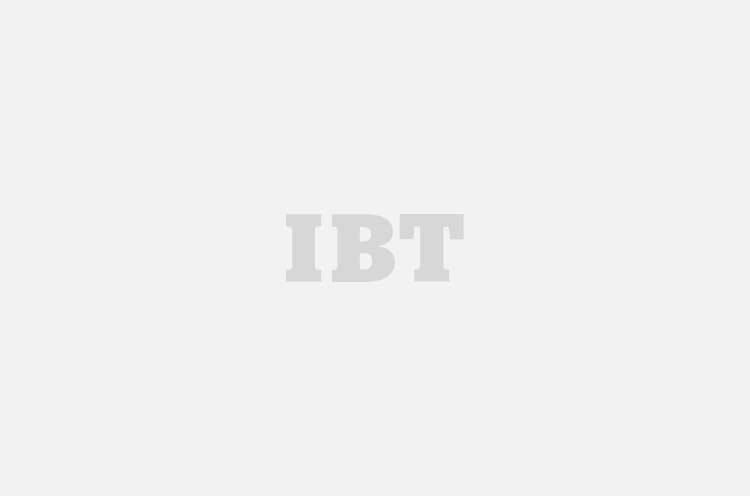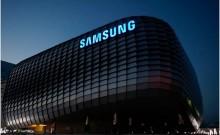
E-commerce giant Amazon is reportedly planning to add new private-label brands to its vast portfolio, offering a wide range of products such as snacks, diapers and laundry detergents, in the next few weeks, Wall Street Journal reported on Sunday citing unnamed sources. The new products under its in-house brands will be exclusive to members of the $99-a-year Amazon Prime membership.
Amazon will reportedly launch one brand at a time, three of which have come to the publication's notice: Happy Belly, Wickedly Prime and Mama Bear, for products such as nuts, tea, coffee, spices, baby food and some household items like diapers and laundry detergents. The first of the brands is expected to be seen by the end of May or in early June.
Amazon's private labels won't be entirely new, as it already sells electronics, stationeries and clothing under its own brands. The latest move is a push into the groceries segment, where rivals such as Wal-Mart and Target have established lucrative business models. In-house labels tend to garner larger profit margins compared to brand-name goods.
The WSJ report alos said Amazon will not stop at just the three aforementioned brands. The e-commerce giant had applied for trademark rights for food including pasta, granola, potato chips and chocolate, as well as razors and air deodorisers. The publication was unable to extract the pricing of Amazon's new food and household goods products.
Amazon's attempt at expanding its in-house private labels hasn't been entirely successful. The online retailer's Elements diapers were pulled for design flaws shortly after they were launched in late 2014. Amazon's tool line and cookware endorsed, by a Seattle chef, were also discontinued, the publication noted.
Amazon had launched other in-house services such as Amazon WebPay, a free peer-to-peer payment platform, which was shut down in October 2014. The company's Fire phone was also a major setback, as it did not meet the fate of its successful Kindle e-readers line. The Fire smartphone brand was killed off in September last year.
It is too soon to tell if Amazon's new private brands will be a success, but the sales of in-house brands are at their peak. According to the Private Label Manufacturers Association (PLMA), the sales of store brands reached $118.4 billion in 2015, a record increase of $2.2 billion compared to the previous year.











![Miss Universe 2024: India's Rhea Singha slayed swimsuit round but failed to reach Top 12 [Watch]](https://data1.ibtimes.co.in/en/full/806361/miss-universe-2024-indias-rhea-singha-slayed-swimsuit-round-failed-reach-top-12-watch.jpg?w=220&h=138)




